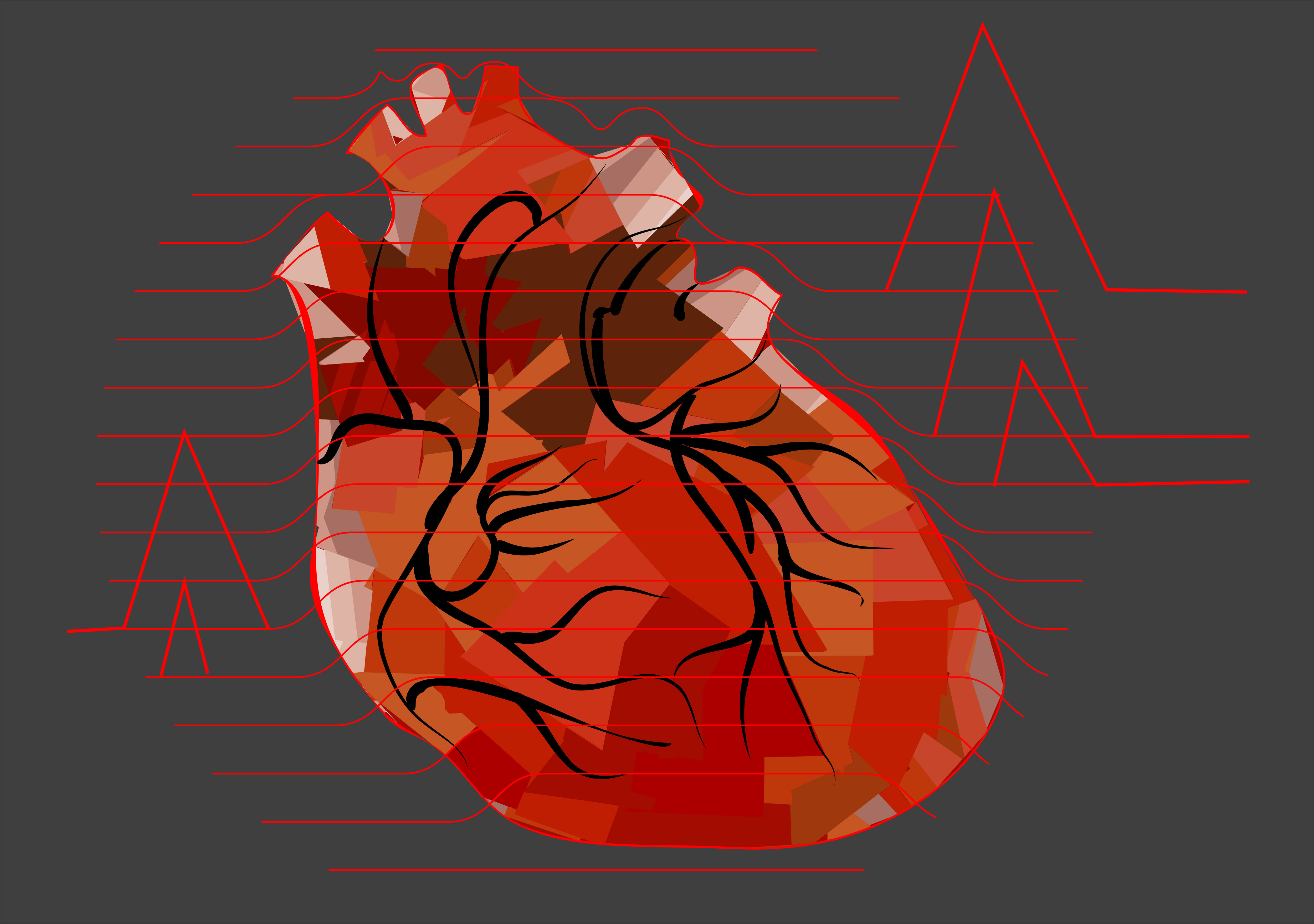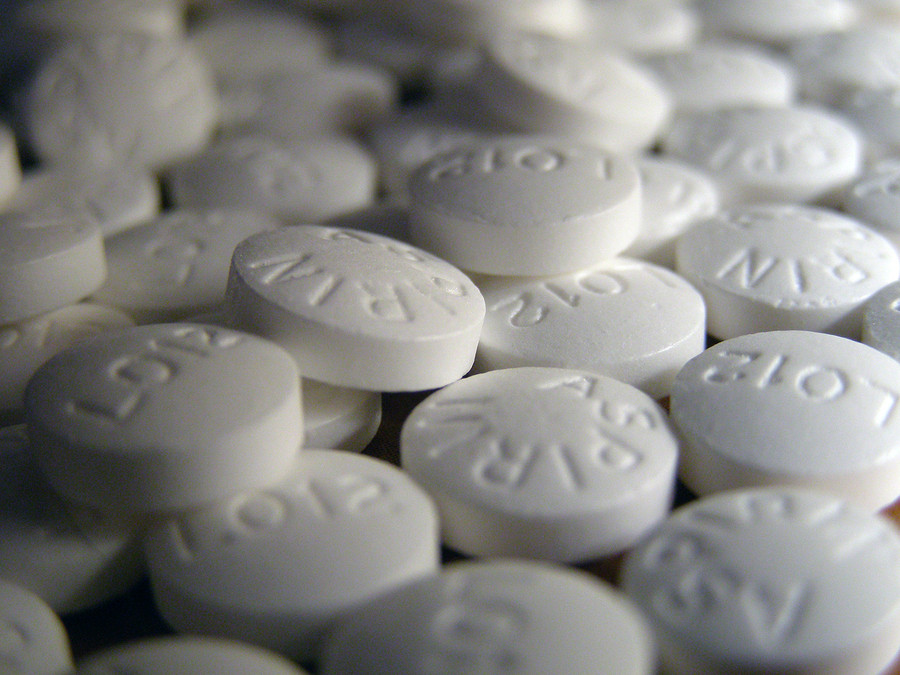
Respiratory health harms often follow flooding: Taking these steps can help

Tips to leverage neuroplasticity to maintain cognitive fitness as you age

Can white noise really help you sleep better?

Celiac disease: Exploring four myths

What is prostatitis and how is it treated?

What is Cushing syndrome?

Exercises to relieve joint pain

Think your child has ADHD? What your pediatrician can do

Foam roller: Could you benefit from this massage tool?

Stepping up activity if winter slowed you down
Heart Health Archive
Articles
Silent heart attacks: Much more common than we thought in both men and women
We typically think of heart attacks as sudden, chest-clutching agony. But the reality is that nearly half of all heart attacks have no symptoms at all and go completely unnoticed by the people experiencing them — and, alarmingly, these “clinically silent” heart attacks are nearly identical to more overt heart attacks in terms of the damage they cause and the risk to a person’s future health.
Thyroid disorders and heart conditions: What’s the connection?
Watch for an irregular heartbeat and cardiovascular disease.
Thyroid disorders are often overlooked as potential causes of heart problems, but there is a well-established link.
Image: AlexRaths/Thinkstock
The thyroid is a butterfly-shaped gland in your neck. It produces hormones—thyroxine (T4) and triiodothyronine (T3)—that tell your cells if they need to speed up or slow down. But if the thyroid gland is overactive or underactive, the result is a number of consequences and symptoms, sometimes involving the heart. "The connection to the heart is well established, but thyroid problems are often overlooked as the cause," says Dr. Giuseppe Barbesino, an endocrinologist at Harvard-affiliated Massachusetts General Hospital.
What to do about a high blood pressure diagnosis
A high blood pressure diagnosis can come as a shock due to a lack of symptoms, but the condition is manageable. Dr. Naomi Fisher explains what to do after you are diagnosed.
Cardiac rehab: Even better with stress reduction
Cardiac rehabilitation—a supervised program to help people recover after a heart attack or heart surgery—may be more helpful if it includes stress reduction training, according to a study published online March 21 in the journal Circulation.
Researchers compared three groups of heart patients: people who did cardiac rehab for 12 weeks, those who did cardiac rehab plus stress reduction, and those who chose not to participate in cardiac rehab. The stress reduction group engaged in weekly, 1.5 hour-long sessions that included small group discussions and training in stress reduction, coping skills, and relaxation techniques.
Drink more water to cut calories, fat, and sugar?
Increasing daily water intake by one, two, or three cups daily can help reduce total calorie intake and lower a person’s intake of saturated fat, sugar, sodium, and cholesterol.
Mammograms identify heart disease risk
Research We’re Watching
Image: Frans Rombout/Thinkstock
When specks of calcium appear in ductal tissue on mammograms, they can indicate a small cancer. But when calcifications are found in the breast arteries, they haven't been a cause for concern. However, in recent years, physicians have begun to suspect that arterial calcifications in the breast, like calcifications in the coronary arteries of the heart, can be an early sign of cardiovascular disease.
A team of researchers at Mount Sinai St. Luke's Medical Center in New York City studied the test results of 292 women who'd had digital mammography and non-contrast CT chest scans within a year. None of the women were known to have heart disease. They found that 42.5% of the women had evidence of breast artery calcifications on mammography, and of these, 70% also had evidence of coronary artery calcification on their CT scans. Moreover, 63% of those whose CT images revealed coronary artery calcifications had breast artery calcifications as well. Over all, the results indicated that women with breast artery calcifications are three times as likely as those who don't to have coronary artery calcifications. The study was published online March 24, 2016, by JACC Clinical Imaging.
What do heart experts eat for dinner?
They follow their own advice to enjoy lots of vegetables, legumes, lean protein, and a fruit-based dessert.
Image: Mizina/Thinkstock
Following a healthy diet is a proven and powerful way to lower your risk of heart disease. But do you ever wonder if doc-tors actually practice what they preach, especially with regard to their eating habits? While we obviously can't speak for all of them, four Harvard physicians with diverse ethnic backgrounds agreed to share examples of their favorite heart-healthy dinner menus.
Dr. Enrique Caballero, assistant professor of medicine
A native of Mexico, Dr. Caballero directs the Latino Diabetes Initiative at the Joslin Diabetes Center; his research interests include cardiovascular disease prevention.
Atrial fibrillation: The latest treatment trends
About one in six strokes can be traced to atrial fibrillation. Doctors now have newer and better options to lessen this risk.
Close to one in 10 people ages 65 or older have atrial fibrillation (afib), the most common heart rhythm disorder. During a bout of afib, the usually rhythmic contractions of the heart's upper chambers (the atria) are replaced by an ineffectual quiver. While the symptoms, which include a racing heartbeat, dizziness, and shortness of breath, are troublesome for some people, the real threat lies in the increased risk of stroke that accompanies the condition.
When the heart takes on the afib rhythm, blood does not completely move out of the atria. Instead, it tends to pool and clot in a pouchlike extension in the upper left quadrant of the heart, called the left atrial appendage. If these clots break loose, they may travel to the brain and cause a blockage. This is known as an ischemic stroke.

Respiratory health harms often follow flooding: Taking these steps can help

Tips to leverage neuroplasticity to maintain cognitive fitness as you age

Can white noise really help you sleep better?

Celiac disease: Exploring four myths

What is prostatitis and how is it treated?

What is Cushing syndrome?

Exercises to relieve joint pain

Think your child has ADHD? What your pediatrician can do

Foam roller: Could you benefit from this massage tool?

Stepping up activity if winter slowed you down
Free Healthbeat Signup
Get the latest in health news delivered to your inbox!
Sign Up










